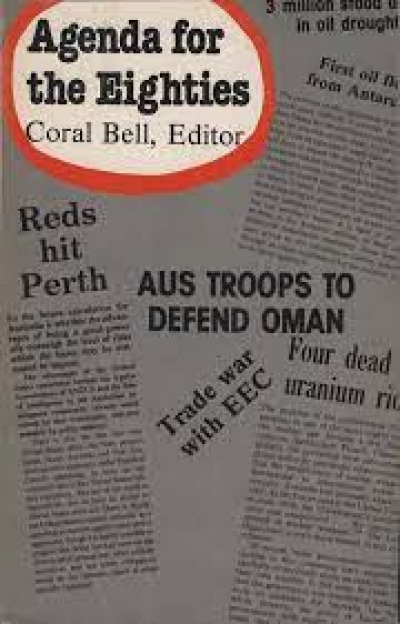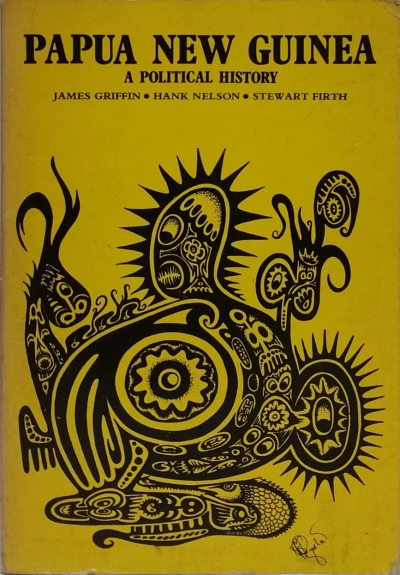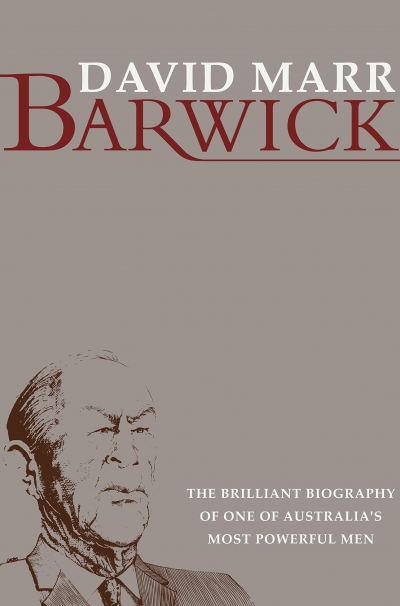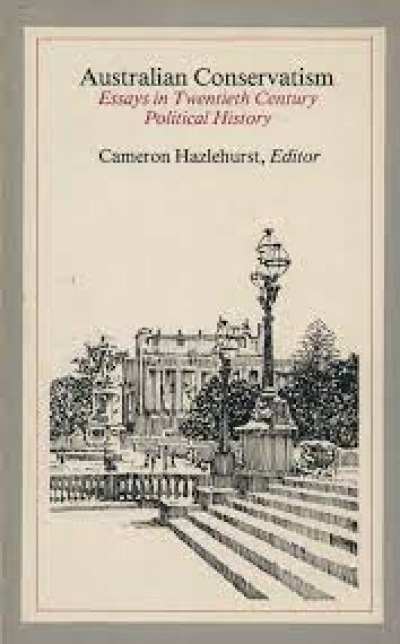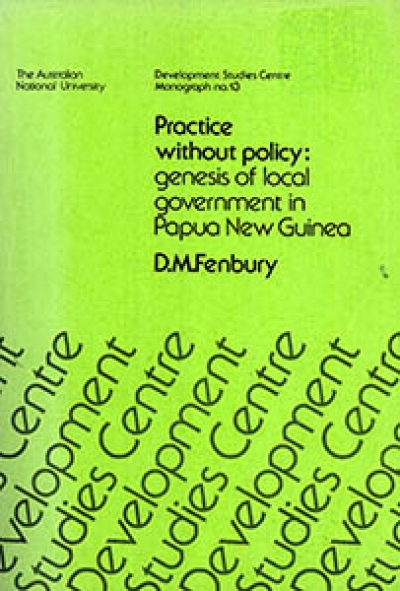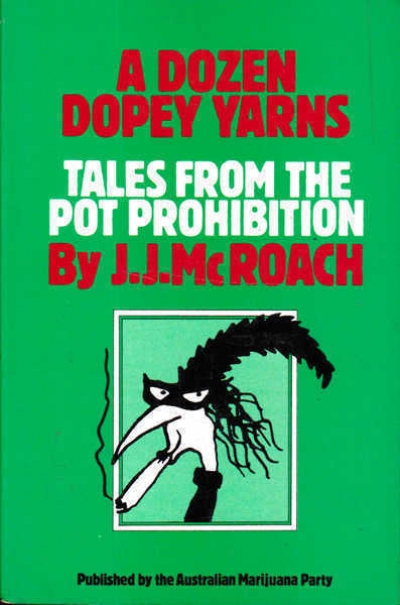Politics
A History of Australian Foreign Policy: From dependence to independence by E.M Andrews
This book is a useful and lucid account of Australian foreign policy since the very beginning. It does not purport to be an authoritative or a particularly analytical account of the evolution of external policy but is one which senior secondary school children could find helpful in achieving a sense of perspective. As its author concedes, to grasp the essentials of Australian foreign policy this book read in isolation would not be enough, and some general knowledge of world events is necessary.
... (read more)Agenda for the Eighties: Contexts of Australian choices in foreign defence policy edited by Coral Bell
This book is a useful acquisition for those anxious about Australia’s prospects in the 1980s and while it does not exude optimism it contains a generally hopeful outlook which, given the way things are going, could be a rare commodity in 1990. The topics covered are those thought the most complex and difficult which the policymakers are likely to confront this decade. The essays are of a variable quality and somewhat less than uniform in style but Professor Coral Bell gives this volume a focus and an overall perspective in her preface. Her excellent opening chapter and final remarks (arising from the debates at the ANU Seminar) make up for some of the deficiencies of her distinguished colleagues. As she observes, there is no great optimism to be found in these pages, but at least the prophets of doom have been held at bay. She writes that ‘anyone writing in 1979, and reasonably in touch with international opinion on matters like the possibility of a major depression, or an energy crisis, or SovietChinese or Soviet-American confrontations in the early 1980’s must be bound to take a rather sober view of the prospect for mankind, including Australians’. She asserts that the issues confronting Australia in the 1980s are likely to be those that were evident in the 1970s and that there remain almost immutably the same preoccupations, namely the search for security and prosperity. She must be right.
... (read more)Papua New Guinea: A Political History by James Griffin, Hank Nelson, and Firth Stewart
Sir Samuel Griffith was chief justice of the High Court of Australia for sixteen years, from October 1903 to October 1919; but he had effectively retired in July 1919. Sir John Latham was chief justice for sixteen and a half years, from October 1935 to April 1952; but he had effectively retired in May 1951. Thus, Sir Garfield Barwick, who last month completed his sixteenth year as chief justice, has already established a record for active service in the position; if he remains in office until 24 October this year, he will have broken even Lathams formal record.
The holder of such a record term of office as chief justice would, on that ground alone, be assured of a unique place in Australian legal history; but in Barwick’s case, the years as chief justice are only a climax – perhaps even an anti-climax – to an extraordinary career.
... (read more)Australian Conservatism edited by Cameron Hazelhurst & The Deep North by Deane Wells
It is impossible to think clearly about modern ideologies without perceiving their rootedness in class-related concepts of a better society. Nor can we understand this without seeing that class is a radical rearrangement in fact and in political discourse of the realities previously referred to as ‘orders’ and ‘ranks’. This vast shift into simpler and fewer forms of relation to the means of production is one way of understanding the enormous change in power and dynamism of western capitalist societies that we abbreviate for discussion into the familiar terms of the French and Industrial Revolutions.
... (read more)‘Go, little book,’ or the book as emissary, is not the simple matter that it once was.
Australian books and their authors now go to most European and Asian countries on diplomatic duties.
The purpose is neither to broaden the writers’ lives nor to sell books abroad, but to supplement the Government’s other diplomatic initiatives.
... (read more)Practice without Policy: Genesis of local government in Papua New Guinea by D.M. Fenbury
This book is about the early stages of the establishment and evolution of native local government councils in Papua New Guinea. The author, David Fenbury, was in charge of the first phase of this undertaking and the objective of his book was to record the early sequence of events. He begins with an overview of the local government system in 1975 in a state of decay even while it was being extended to the few remaining areas that it had not reached by the time of independence.
... (read more)Marxists have always been concerned about the relationships of intellectuals to the rest of society, and particularly to change in society. The intellectual, being able to stand aside from immediate social pressures, is able to see the truth of what is happening, and so to correct the false consciousness of those who are involved in the everyday business of production.
Marx and Engels themselves provide the perfect examples of these roles – Engels earned the income, in his role as successful capitalist, while Marx did the thinking. Yet there is a contradiction. The conclusion to which Marx's thinking led him was that ideas themselves are determined by the material forces of production. If this is so, then the words of the intellectual who explains this process are not only irrelevant. but probably untrue, as the consciousness which has generated his ideas has not itself been a part of the productive process.
... (read more)It is difficult to decide whether this wellresearched book is an important addition to the media history of Australia, or whether it deserves a place among the chronicles of the country’s moral development, or even as another testament to the differences and divisions that are created by federal systems of governance. Ina Bertrand has diligently collected all the details of lust, licence and legislation that have beset the entertainment industry over the past century and a half. She painstakingly leads the reader through the reasons and ramifications behind the Acts of State and Commonwealth Parliaments (starting with the first Public Entertainment Act in New South Wales in 1828) by which successive attempts have been made to regulate how and what the Australian public were allowed to see.
... (read more)


